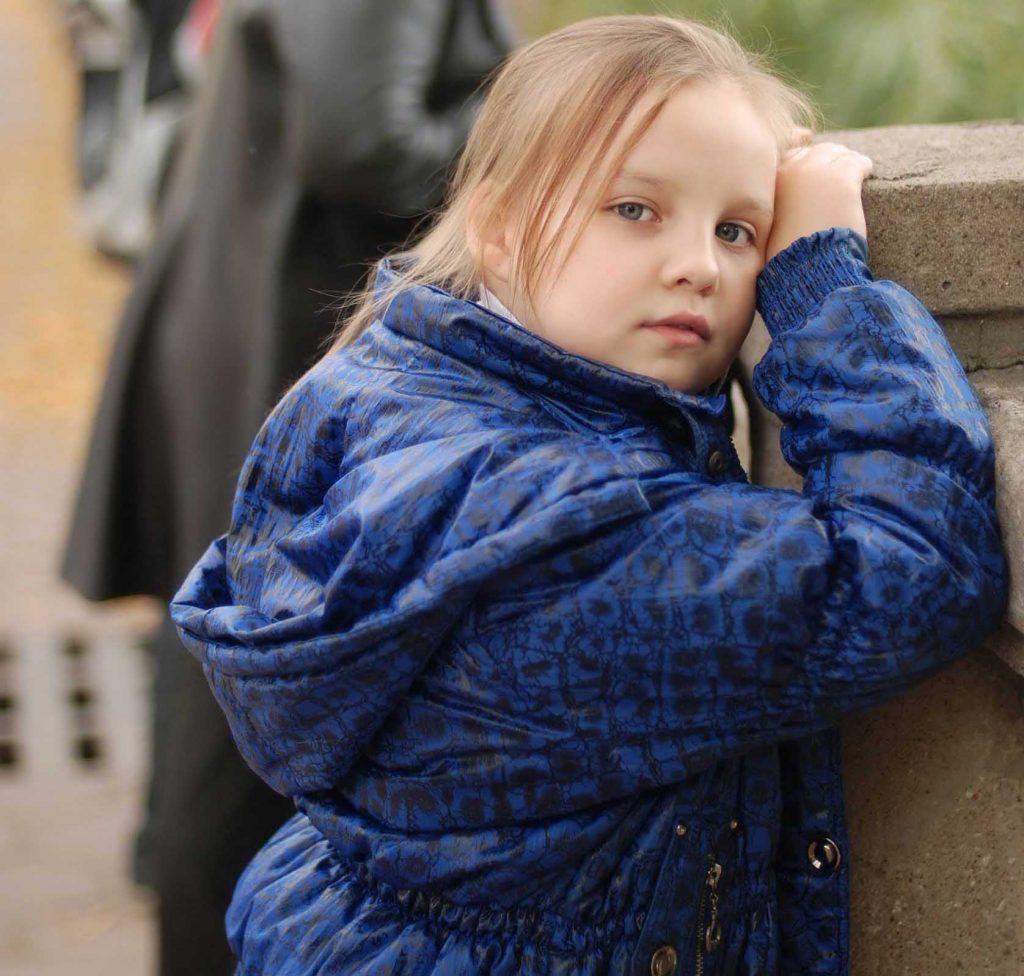
Psychological trauma is caused by an emotionally painful, shocking, stressful, and sometimes life-threatening experience that may or may not include physical injury. Trauma is different from grief in that grief revolves around feelings of sadness, but trauma revolves around feelings of terror, helplessness, and horror. Trauma can be a response to a single event, or ongoing experiences. Acute traumatic events describe events that occur at a particular time and place and are usually short-lived. Chronic traumatic situations occur when a child is exposed to trauma over a long period of time.
What are signs of Trauma and Abuse in children and teens?
Reactions to trauma can occur immediately or some time after the event. Reactions differ in severity and cover a wide range of behaviors and responses. At different ages and developmental levels you may see the following signs of a reaction to trauma:
Age 5 and Under:
- Clinging to parent or caregiver
- Crying or screaming
- Whimpering or trembling
- Becoming immobile or aimless movement
- Regressing to behaviors they had previously outgrown
Ages 6-11:
- Isolating themselves, becoming quiet around friends, family, and teachers
- Having nightmares or other sleep problems
- Using or abusing drugs, alcohol, or tobacco
- Feeling numb emotionally
- Doing poorly with school and homework
- Developing unfounded fears
- Losing interest in activities they previously found fun
- Complaining of physical symptoms
Ages 12-17:
- Having flashbacks to the traumatic event
- Having nightmares or other sleep problems
- Using or abusing drugs, alcohol, or tobacco
- Acting disruptive, disrespectful, or behaving destructively, showing anger
- Avoiding reminders of the event
- Being depressed, losing interest in previously fun activities, having suicidal thoughts
- Complaining of physical symptoms
- Thoughts of guilt or revenge relating to the event
What causes trauma and abuse?
The following increase the risk of a child experiencing trauma after a difficult event:
- Existing family or personal mental health problems or behavioral problems
- Past traumatic experiences
- Being directly involved in the trauma, especially as a victim
- Life stressors such as a new home or new school, divorce, etc.
- Limited family and social supports
Traumatizing events evoke a sense of general un-safety as a victim of, or witness to:
- Child abuse (neglect, physical , sexual, or psychological abuse)
- Domestic violence
- Loss of an important person in the child’s life
- Violent crime
- Serious accident
- A natural disaster or fire
- School bullying or school violence
- Acts of terrorism
- Experiencing or witnessing a serious injury or death of someone else
- Separation from a parent through divorce or foster care
- A family members terminal illness or sudden death
- Witnessing drug use
- Medical trauma
What can be done to treat trauma and abuse?
Children’s reactions to trauma are strongly influenced by the reaction of adults around them. If after a month in a safe environment your child is not able to perform their normal routines, or if they develop new behavioral or emotional problems, seek the help of a therapist. A mental health professional can evaluate your child’s psychological injuries including the severity of your child’s traumatic experience that is impacting your child emotionally, cognitively, and behaviorally.
Trauma focused cognitive behavioral therapy is one treatment approach that may be used to help children and caregivers dealing with traumatic stress. Cognitive behavioral therapy is designed to reduce stress, helps parents effectively cope with their own emotional distress and develop skills that will support their children.
Cognitive Behavioral therapies help children by:
- Teaching children stress management and relaxation skills
- Creating a coherent narrative or story of what happened
- Correcting untrue or distorted ideas about what happened and why
- Changing unhealthy and wrong views that have resulted from the trauma
- Involving parents in creating optimal recovery environments




